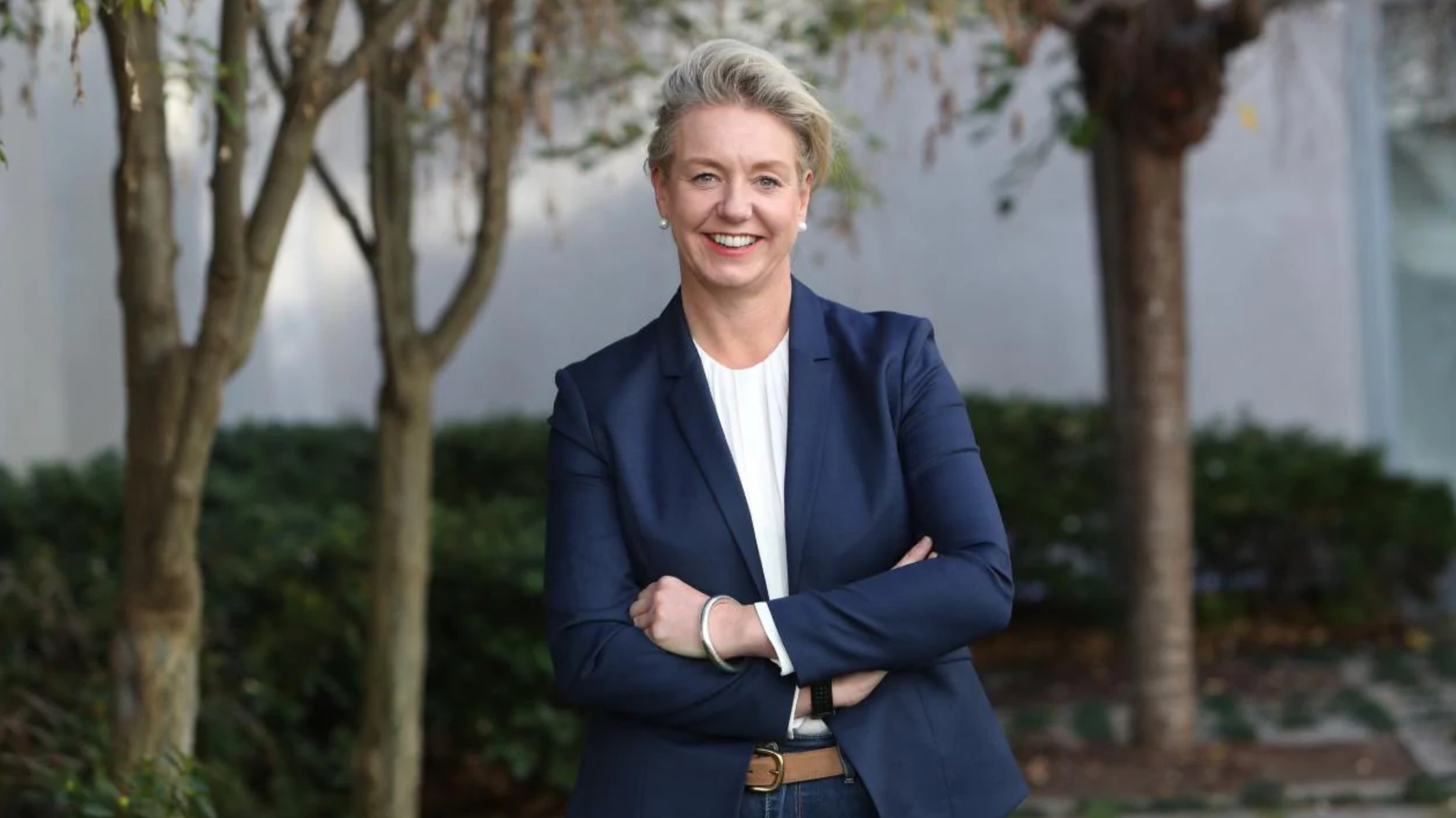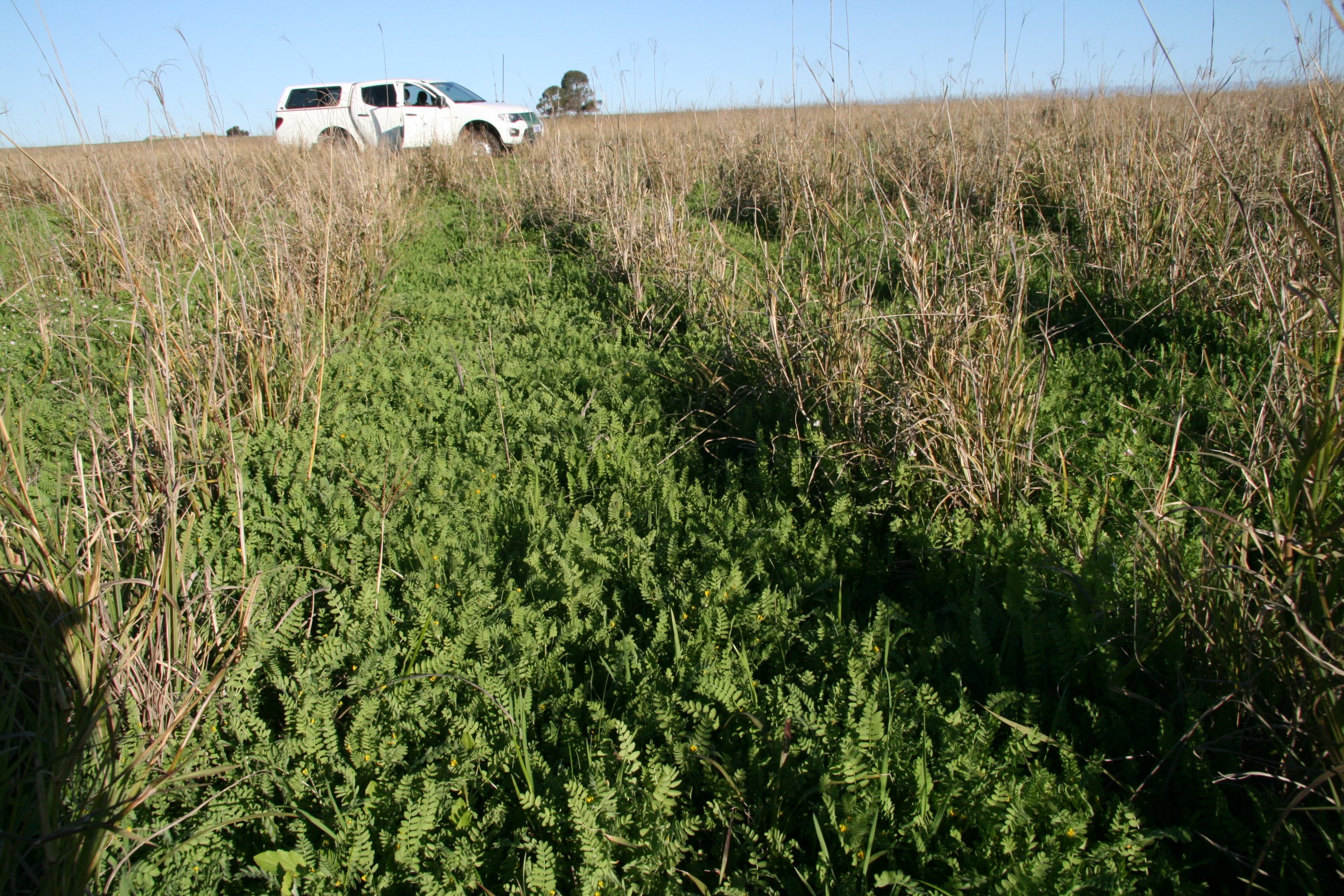Pictured: Senator Bridget McKenzie
Despite playing an integral role in the success of agricultural businesses, since farming began; female leaders in the industry have been overlooked. Nonetheless, women have made an impact behind the scenes and have rarely been recognised and noticed. The appointment of a female Federal Minister for Agriculture (Senator Bridget McKenzie), has gone some way towards amending this oversight, but more must be done.
Related businesses, including banks, agribusiness and other agencies and industry representative bodies, have joined Australian Community Media to make a new charge towards enabling females to become or be recognised as leaders in this field.
In addition, with the introduction of the Diversity in Agricultural Leadership Program, the National Farmers Federation strives to make change amongst the higher levels of management that have senior decision-makers of only one gender. Ms Simson says, “This situation doesn’t reflect real life and it blatantly ignores the great results that are achieved when men and women work together.
A select group of women who are leading this charge have recently met with the Federal Minister for Agriculture to scope out a way forward to seeing women take on senior roles and have a voice on relevant boards. This change in values will no doubt impact on the success of the agricultural and farming industries into the future. A change that has come late but not too late to be meaningful if these women are heard, paving the way for others.
MALDI-ID is proud to have a female director and scientist Sofie De Meyer leading the way through legume nodule research being used through a variety of cropping programs across the South West and beyond.
Source: The Farm Weekly


